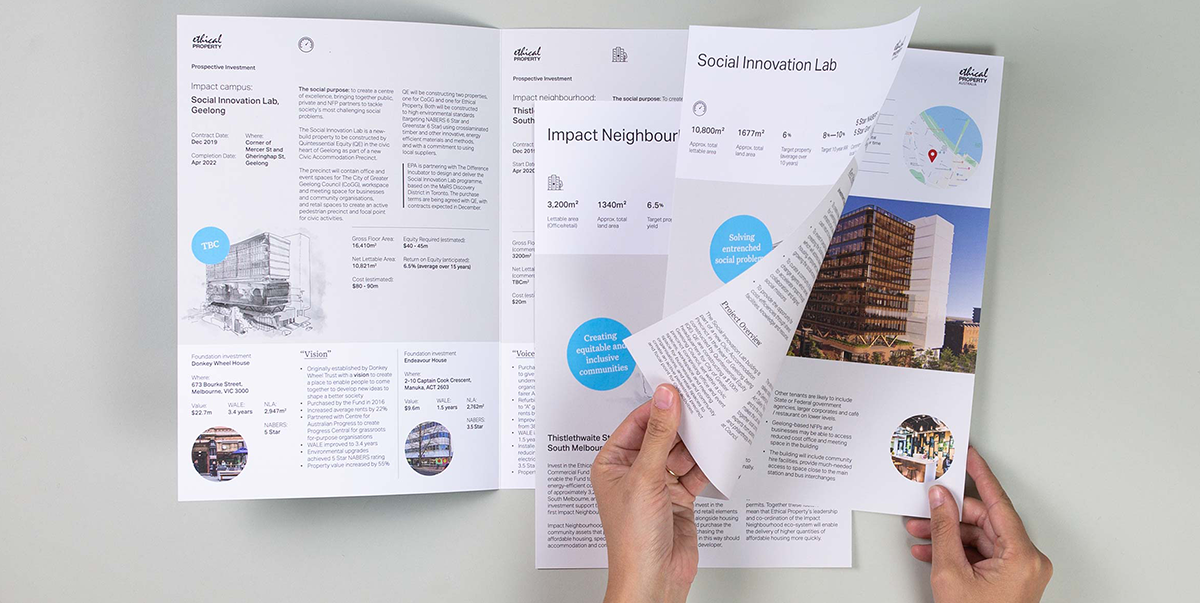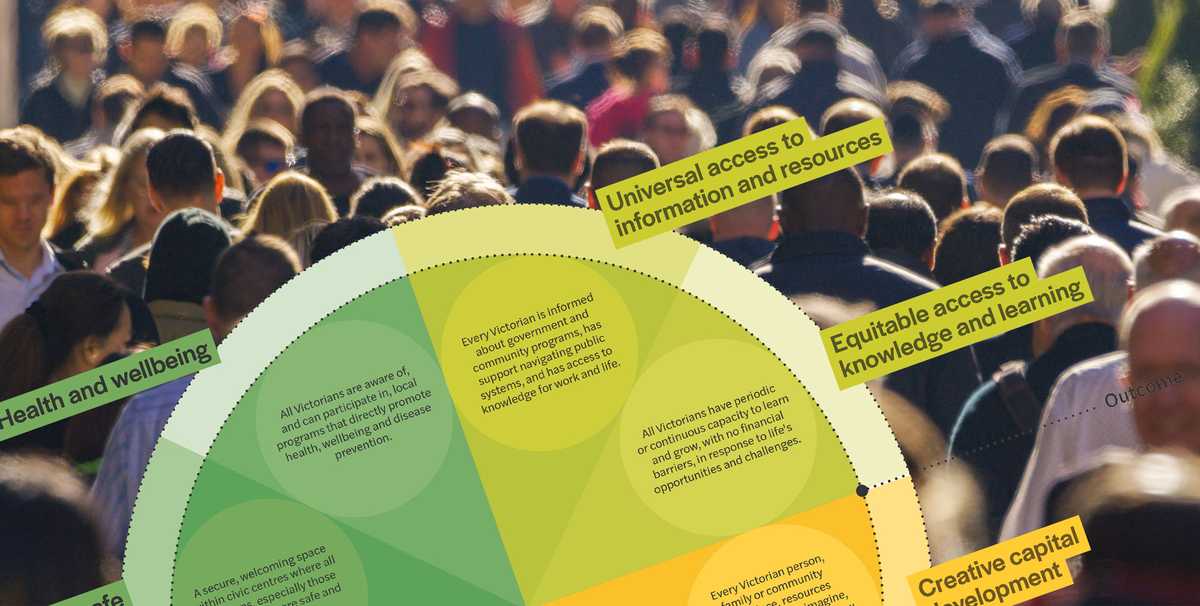
Every organisation, every person, achieves good.
Some choose to make achieving good a mission and purpose.
These people and organisations take calculated risks, investing time, money, and reputation capital to address social and environmental problems.
They remain committed to the outcome regardless of the inevitable barriers, dead ends, and fixed mindsets.
For this, they should be respected and admired.
Furthermore, their actions and achievements prompt others to consider more deeply the effects of their work on people and planet, motivating them to tackle other important challenges.
That is why we must tell their stories.
There is no doubt the current economic slowdown and uncertainty, coupled with the threat of being accused of greenwashing, has significantly reduced the willingness of organisations to define and promote their impact.
That is hurting the movement to create shared value: social, environmental, and economic impact.
People are pulling back when we need to surge forward. We are out of time to address crises such as climate change.
So, how can we build the confidence of companies to measure and report impact, and tell the stories that inspire change?
Here are a few tips:
- Don’t lie, spin, or tell tall stories. Let’s just get this one out of the way. The risks of being called out or dismissed are way too high. Treat your company like your friend. Would you trust a liar? ASIC doesn’t. Read Information Sheet 271 on ‘How to avoid greenwashing when offering or promoting sustainability-related products’.
- Set honest, realistic expectations. No person or organisation is perfect. Every single human being knows this in their bones. We all have bruises and regrets. When telling an impact story, establish that mistakes have been made in the past and will undoubtedly be made in the future. Ask not to be solely defined by what you get wrong, but also what you get right. Lead with an authentic and honest voice. Call the media on their double standards if they come in swinging.
- Measure what matters. If you ask employees, customers, or community members what they will assess your performance on, it won’t be complicated. It will be a few measures that are meaningful to them based on their values and identity. Companies are required to do a huge amount of detailed reporting for compliance purposes, but those numbers don’t tell a story most people will read. They want to know how you are playing your part on the issues that are relevant to your company and matter to society.
- Avoid the inferred deception or guilt from silence. Chief risk and finance officers are paid to maintain a fixed mindset – we need to acknowledge the serious responsibility invested in them and their roles. But, to remain silent, is a strategic, operational, and reputational risk. Employees want to work for a brand and organisation that leads. Customers want to buy from a company with which they can proudly associate. Communities demand to know where a company stands on key issues. To tell an impact story is not to take risks, but to mitigate them.
- Share the story telling. All impact is achieved by more than one person working toward a goal. That relationship, and that journey, are just as important to share as the actual impact achieved. Communication maintains support for the project. It also means you are sharing the risk and reward. Design-in communication and storytelling to every project.
- Show don’t tell. Impact stories are not promotional tools. They are a means for people to celebrate what they have achieved. They maintain momentum. They keep everyone honest.
Here are some examples of impact stories we have helped tell. Be inspired by the clients and their achievements.
- Karrkad Kanjdji Trust’s brand and positioning and annual report
- Cleanaway’s sustainability report
- Yume’s purpose and brand
It can be a challenge to push back against the urge to say little and ‘keep the head down’. But winning that argument and communicating the impact being made is just as important as technological advances or new products are to the success of every organisation.
And the future will thank you.

